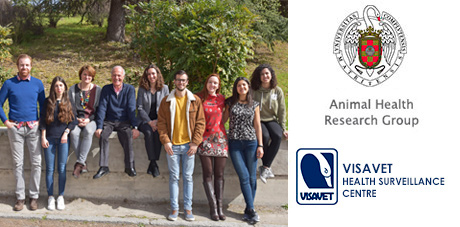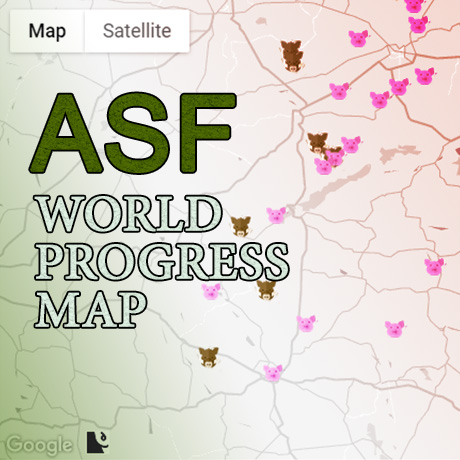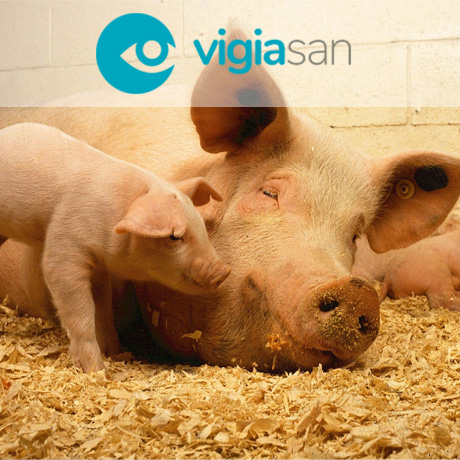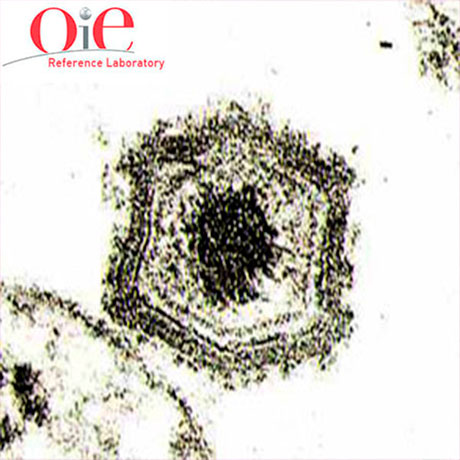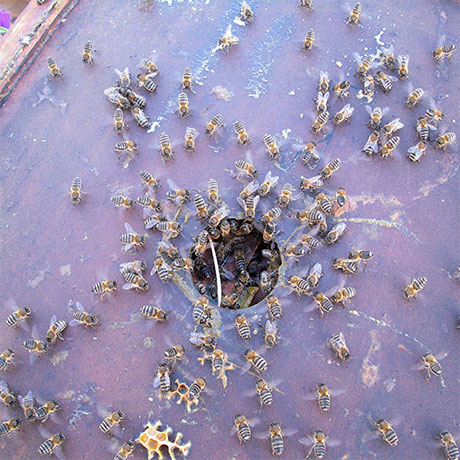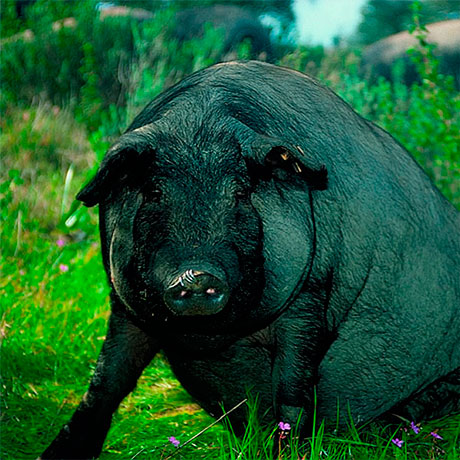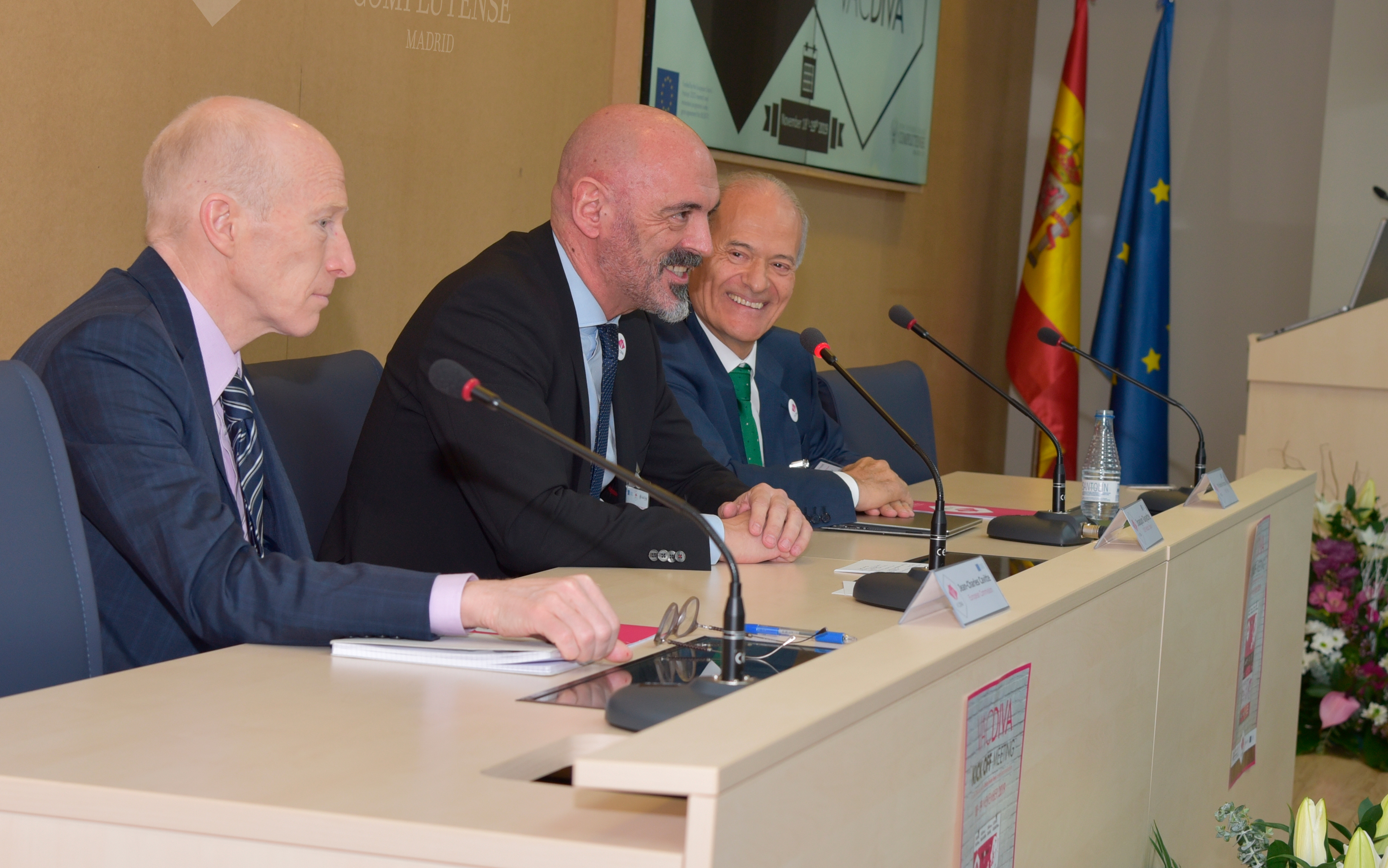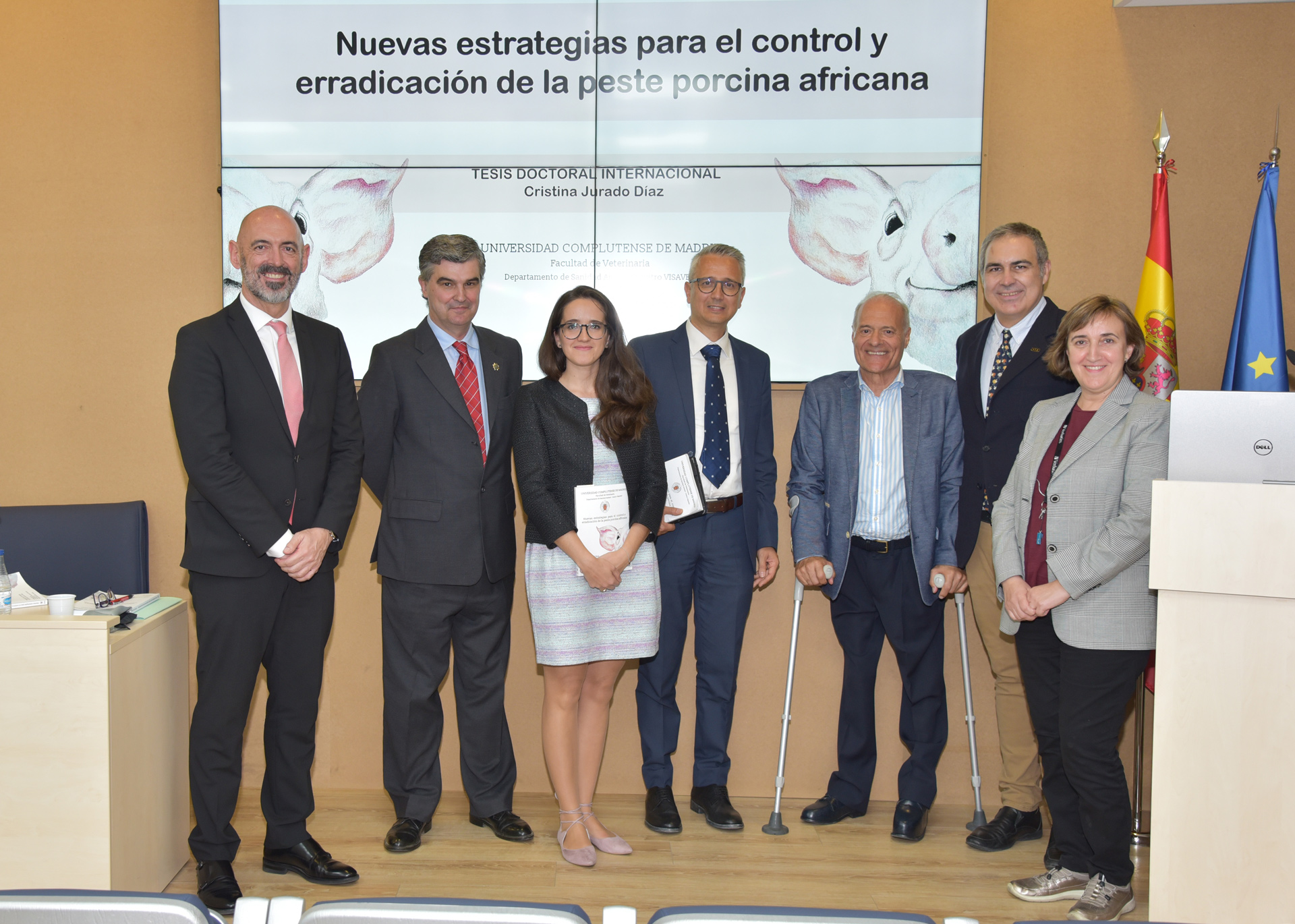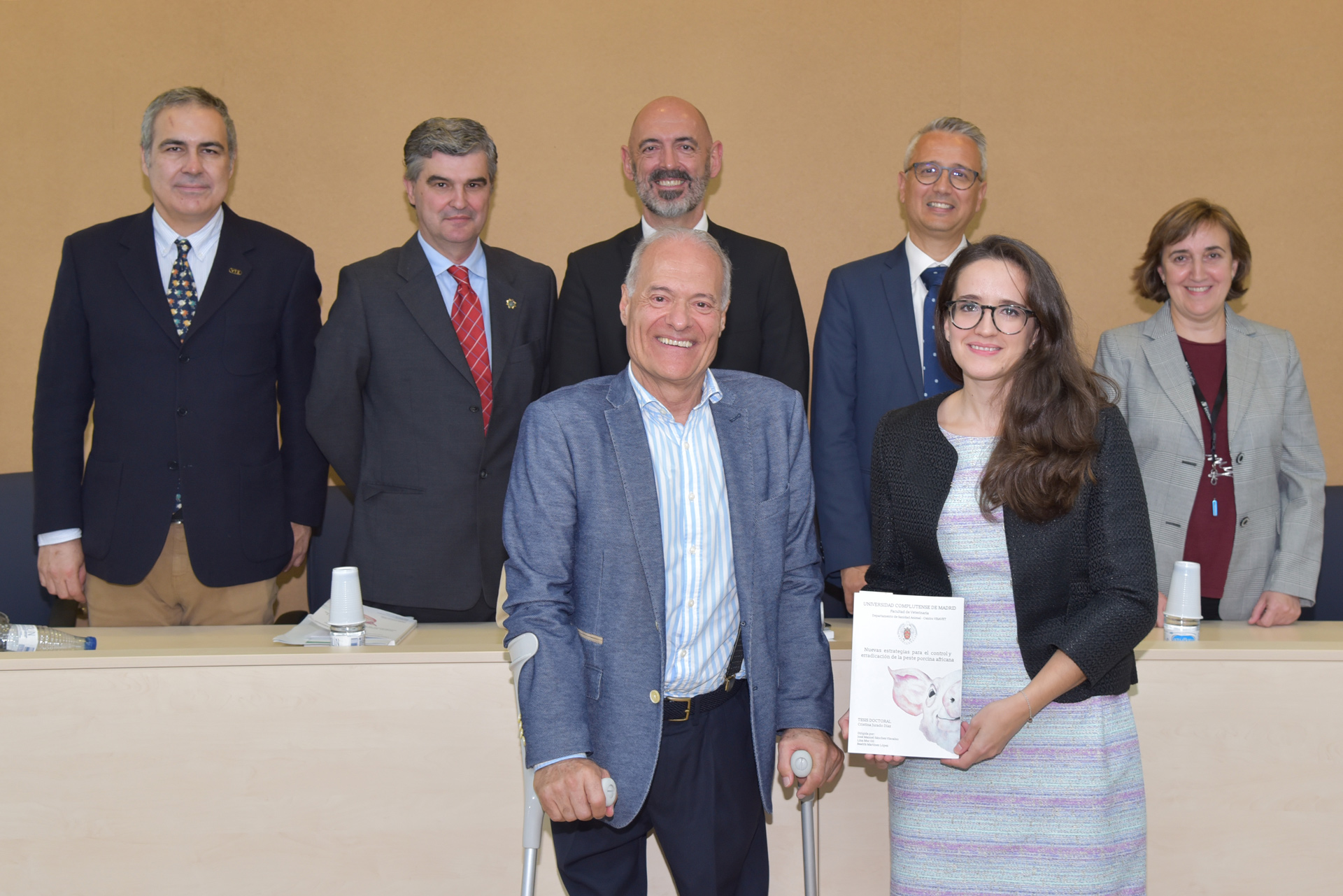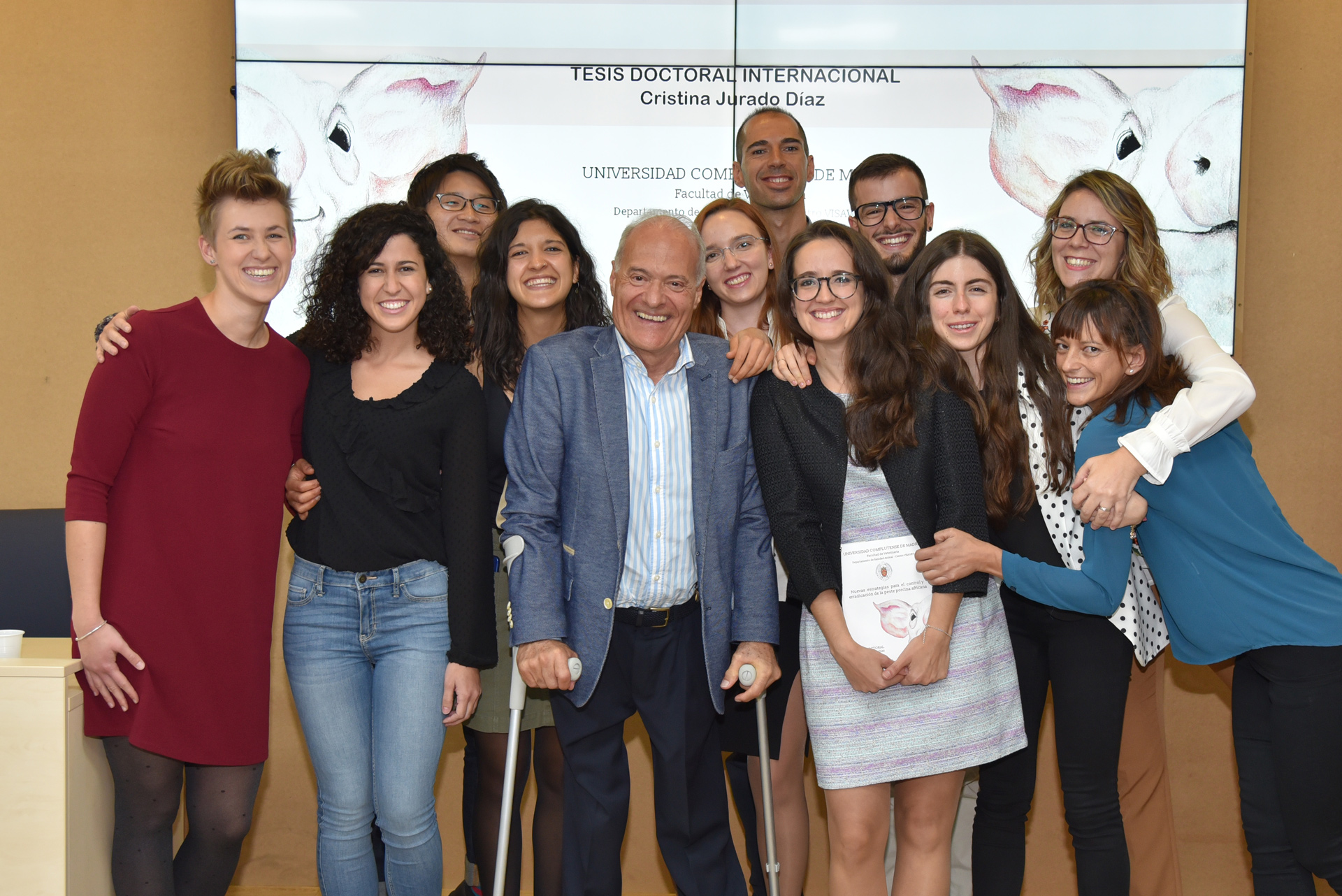The “VACDIVA” project starts, a vaccine against the African Swine Fever
Today was held the first Kick off Meeting of the project VACDIVA at the Complutense University of Madrid (UCM).
The VACDIVA Project, which will last the following four years, aims to develop an effective vaccine against African Swine Fever (ASF). The vaccine would solve the current problem in Europe and the countries affected by the disease.
The VACDIVA project has been financed with 10 million euros by the European Union (EU) in the call “H2020-SFS-2019-1, topic: A vaccine against African Swine Fever”. The research works involve two international reference laboratories for ASF. Two international ASF reference laboratories, both of them Spanish, will participate in the development of this project: the Centre for Veterinary Health Surveillance (VISAVET) of the University Complutense and the Animal Health Research Centre (CISA-INIA) of the National Institute for Agricultural and Food Research and Technology.
Additionally, six national UE laboratories (from the 10 countries currently affected by ASF), four prestigious ASF research centers and two leader companies in vaccine´s production and ASF diagnostic kits.
The Rector of the UCM, Joaquín Goyache Goñi, has welcomed the VACDIVA project and the researchers composing the consortium, as well as the European Union representatives at the Kick off Meeting.
Then, Professor José Manuel Sánchez-Vizcaíno Full Professor of the Veterinary Faculty of the UCM, who is the project coordinator, has been in charge of the Kick off Meeting, which will be taking place today and tomorrow (18-19 November) in the VISAVET Center of the Veterinary Faculty of the UCM.
The Kick off Meeting will be attended by the Advisory Committee, consisting of the University of Lisbon, the Medicines Agency, STAR-IDAX IRC/OIE, the Cornell University, the University of Iowa, and the European Association of Pig Producers and the International Council for Hunting and Wildlife Conservation (CIC).
The purpose of the event is to launch the project, as well as to encourage communication between the different participants and share the progress made to date and future plans. This meeting will address key points such as the current situation of ASF and the different vaccine prototypes that will be carried out in VACDIVA, the planning of the experiments and trials contemplated in the project or the aspects related to the coordination, management, and communication, among other points.
Tomorrow, the experts will meet again at the VISAVET Center to continue the meeting with a session that will include the discussion of the different work packages and a general assembly at the end of the day.
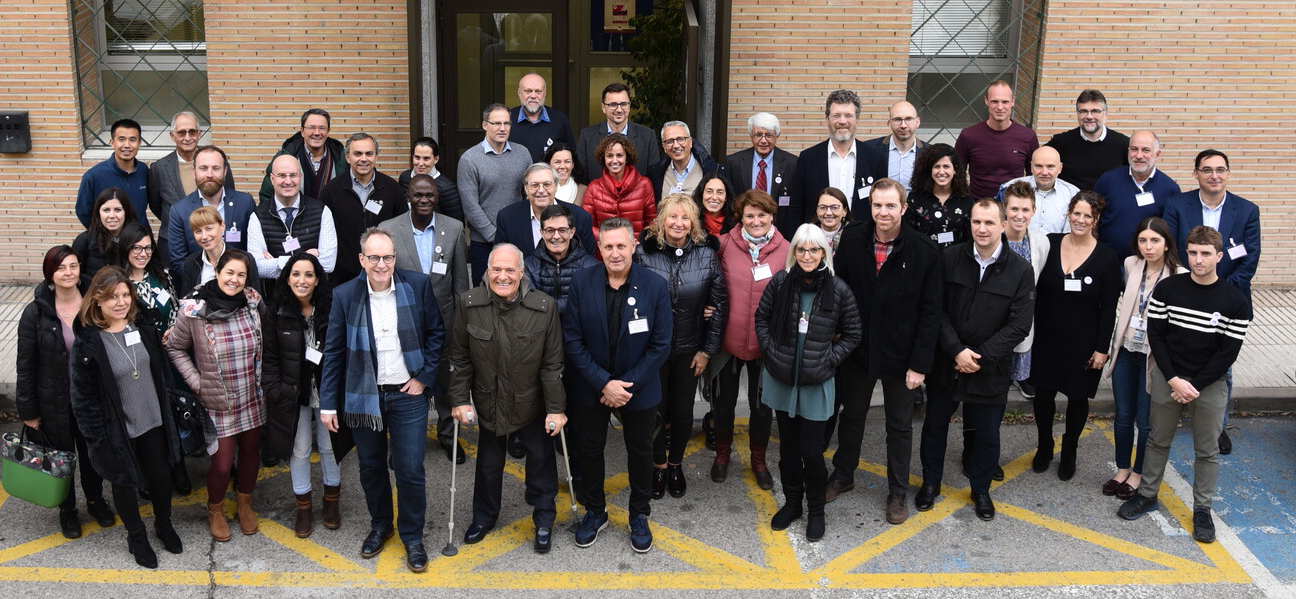
Cristina Jurado Díaz PhD Thesis
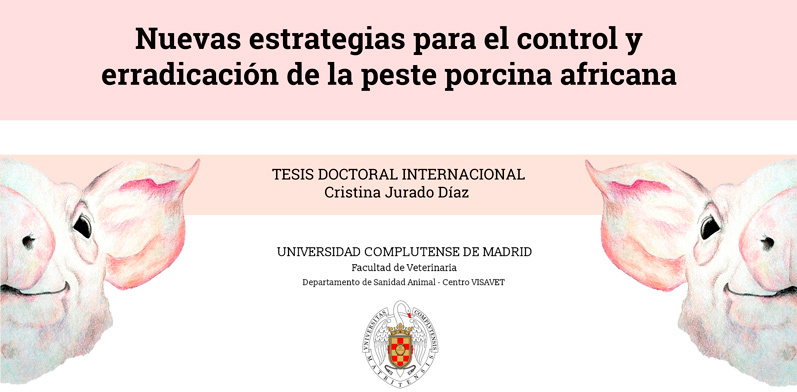
Next tuesday 5th of November, Cristina Jurado Díaz will defend her PhD Thesis "New strategies for the control and eradication of African swine fever" directed by Prof. José Manuel Sánchez-Vizcaíno, Dr. Lina Mur and Prof. Beatriz Martínez López.
The event will take place at 12:00 in the auditorium of the VISAVET Center of the UCM (how to get there).
Abstract:
Cristina Jurado PhD defense
Free-Ranging Pig and Wild Boar Interactions in an Endemic Area of African Swine Fever

New research article published in Frontiers in Veterinary Science.
Abstract:
African swine fever virus (ASFV) is spreading throughout Eurasia and there is no vaccine nor treatment available, so the control is based on the implementation of strict sanitary measures. These measures include depopulation of infected and in-contact animals and export restrictions, which can lead to important economic losses, making currently African swine fever (ASF) the greatest threat to the global swine industry. ASF has been endemic on the island of Sardinia since 1978, the longest persistence of anywhere in Eurasia. In Sardinia, eradication programs have failed, in large part due to the lack of farm professionalism, the high density of wild boar and the presence of non-registered domestic pigs (free-ranging pigs).
Role of Wild Boar in the Spread of Classical Swine Fever in Japan
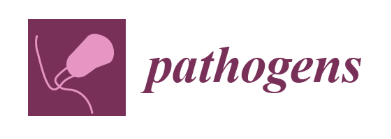 New research article published in Pathogens
New research article published in Pathogens
Abstract:
Since September 2018, nearly 900 notifications of classical swine fever (CSF) have been reported in Gifu Prefecture (Japan) affecting domestic pig and wild boar by the end of August 2019. To determine the epidemiological characteristics of its spread, a spatio-temporal analysis was performed using actual field data on the current epidemic. The spatial study, based on standard deviational ellipses of official CSF notifications, showed that the disease likely spread to the northeast part of the prefecture. A maximum significant spatial association estimated between CSF notifications was 23 km by the multi-distance spatial cluster analysis. A space-time permutation analysis identified two significant clusters with an approximate radius of 12 and 20 km and 124 and 98 days of duration, respectively. When the area of the identified clusters was overlaid on a map of habitat quality, approximately 82% and 75% of CSF notifications, respectively, were found in areas with potential contact between pigs and wild boar. The obtained results provide information on the current CSF epidemic, which is mainly driven by wild boar cases with sporadic outbreaks on domestic pig farms. These findings will help implement control measures in Gifu Prefecture.
Oral vaccination of wild boar: a new hope against African Swine Fever
Outreach article published in the magazine porciNews (porcino.info)
 African Swine Fever (ASF), the greatest threat to the swine sector worldwide, has spread to more than 55 countries on three continents and is estimated to affect more than 77% of the world's swine population.
African Swine Fever (ASF), the greatest threat to the swine sector worldwide, has spread to more than 55 countries on three continents and is estimated to affect more than 77% of the world's swine population.
African Swine Fever is one of the viral diseases with the greatest impact on the pig sector, as viruelt strains of the virus can cause acute or even hyperacute haemorrhagic fever in animals, with mortality of up to 100%. Due to its devastating socio-economic consequences and its effects on animal health, ASF is classified as a Notifiable Disease to the OIE.



